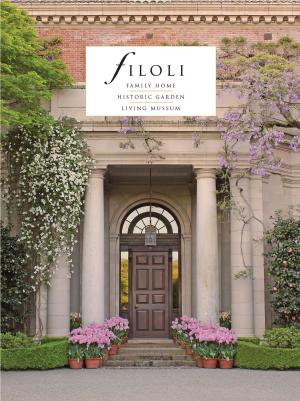| Author: | Dr Frederick Jones | ISBN: | 9781472519849 |
| Publisher: | Bloomsbury Publishing | Publication: | October 16, 2013 |
| Imprint: | Bloomsbury Academic | Language: | English |
| Author: | Dr Frederick Jones |
| ISBN: | 9781472519849 |
| Publisher: | Bloomsbury Publishing |
| Publication: | October 16, 2013 |
| Imprint: | Bloomsbury Academic |
| Language: | English |
Virgil's book of bucolic verse, the Eclogues, defines a green space separate from the outside worlds both of other Roman verse and of the real world of his audience. However, the boundaries between inside and outside are deliberately porous. The bucolic natives are aware of the presence of Rome, and Virgil himself is free to enter their world.
Virgil's bucolic space is, in many ways, a poetic replication of the public and private gardens of his Roman audience - enclosed green spaces which afforded the citizen sheltered social and cultural activities, temporary respite from the turbulence of public life, and a tamed landscape in which to play out the tensions between the simple ideal and the complexities of reality.
This book examines the Eclogues in terms of the relationship between its contents and its cultural context, making connections between the Eclogues and the representational modes of Roman art, Roman concepts of space and landscape, and Roman gardens.
Virgil's book of bucolic verse, the Eclogues, defines a green space separate from the outside worlds both of other Roman verse and of the real world of his audience. However, the boundaries between inside and outside are deliberately porous. The bucolic natives are aware of the presence of Rome, and Virgil himself is free to enter their world.
Virgil's bucolic space is, in many ways, a poetic replication of the public and private gardens of his Roman audience - enclosed green spaces which afforded the citizen sheltered social and cultural activities, temporary respite from the turbulence of public life, and a tamed landscape in which to play out the tensions between the simple ideal and the complexities of reality.
This book examines the Eclogues in terms of the relationship between its contents and its cultural context, making connections between the Eclogues and the representational modes of Roman art, Roman concepts of space and landscape, and Roman gardens.















